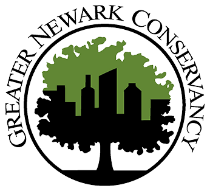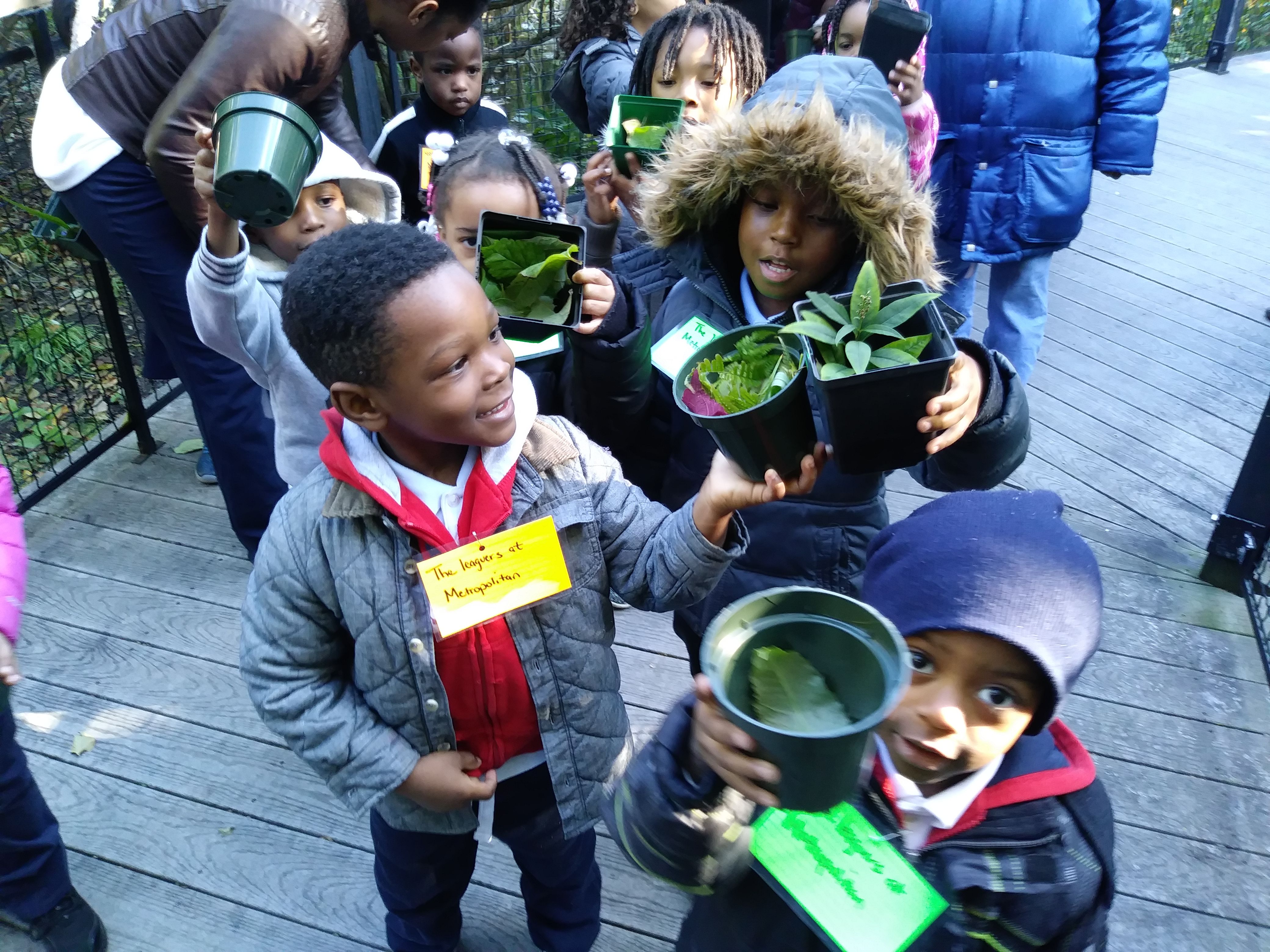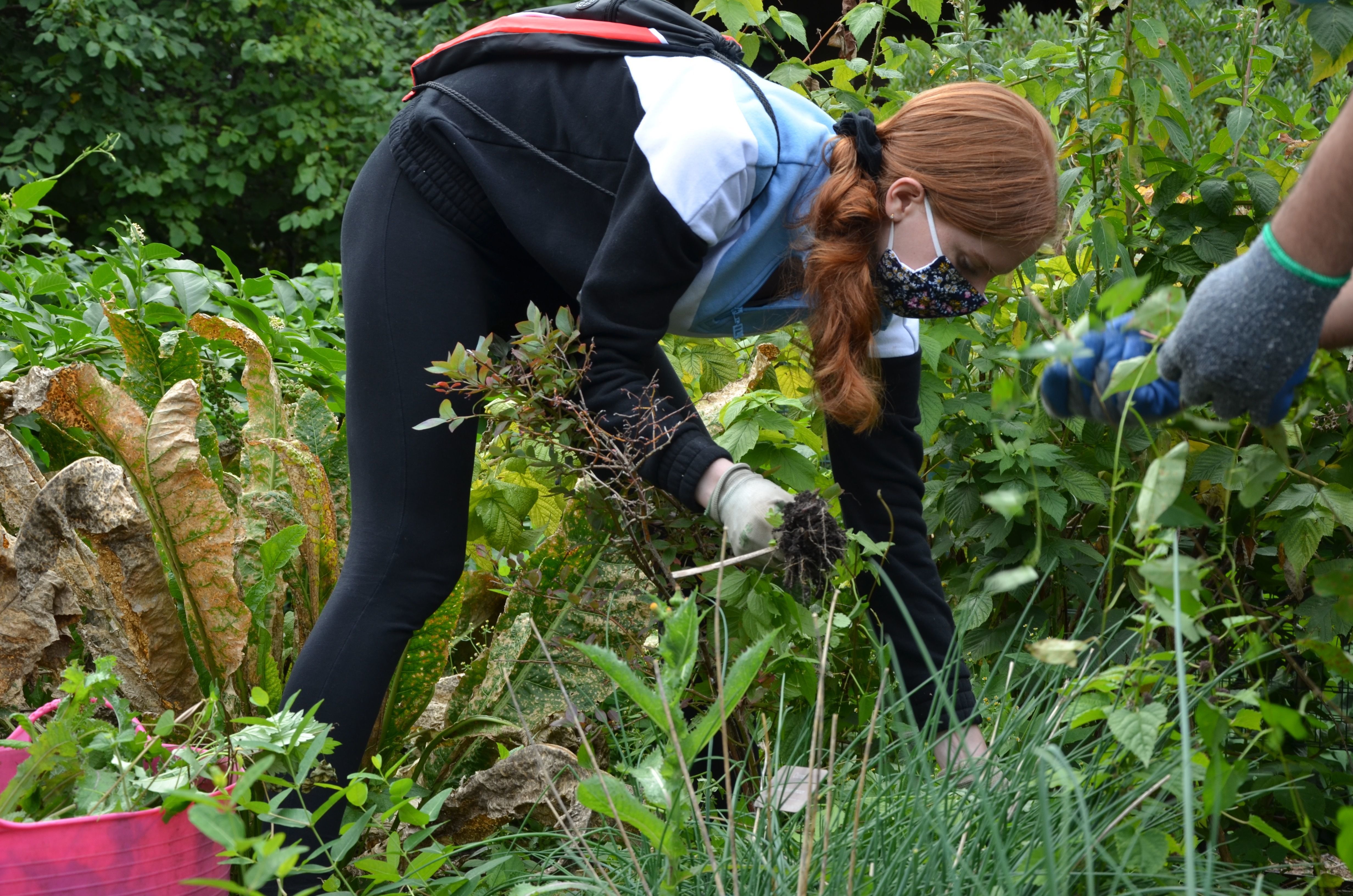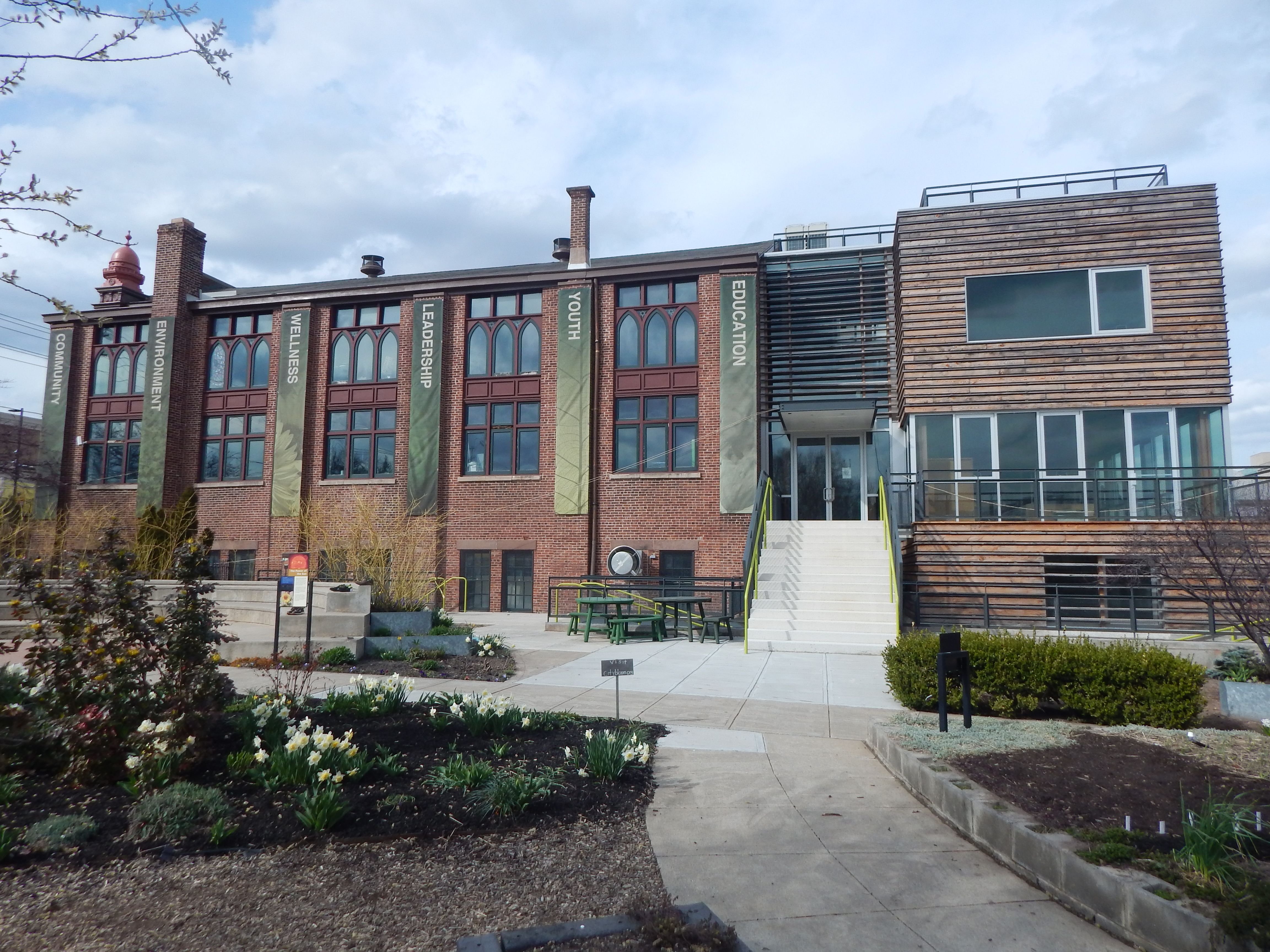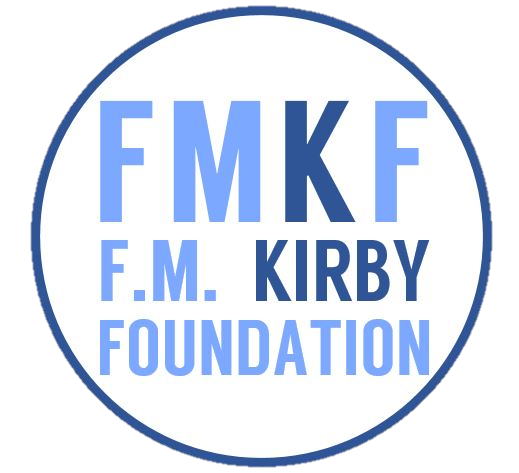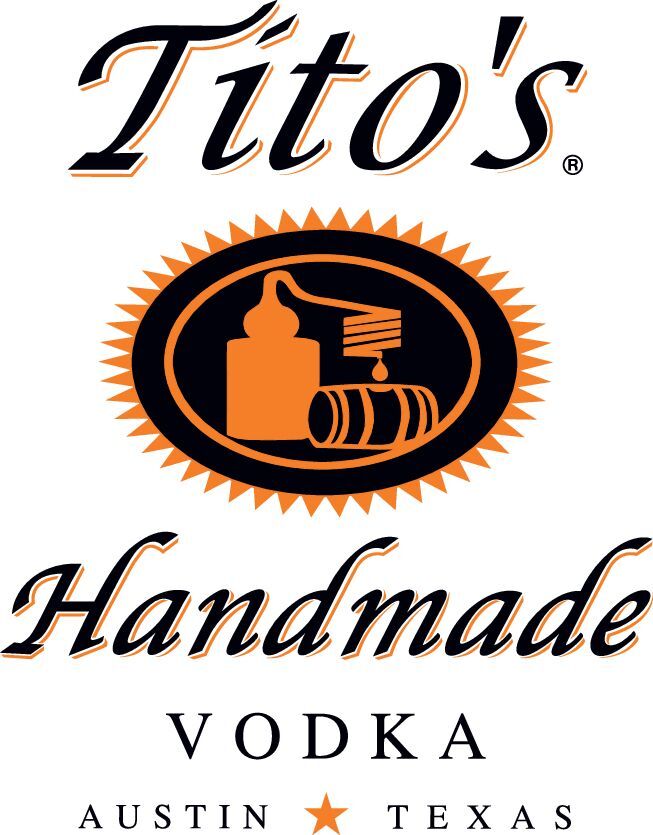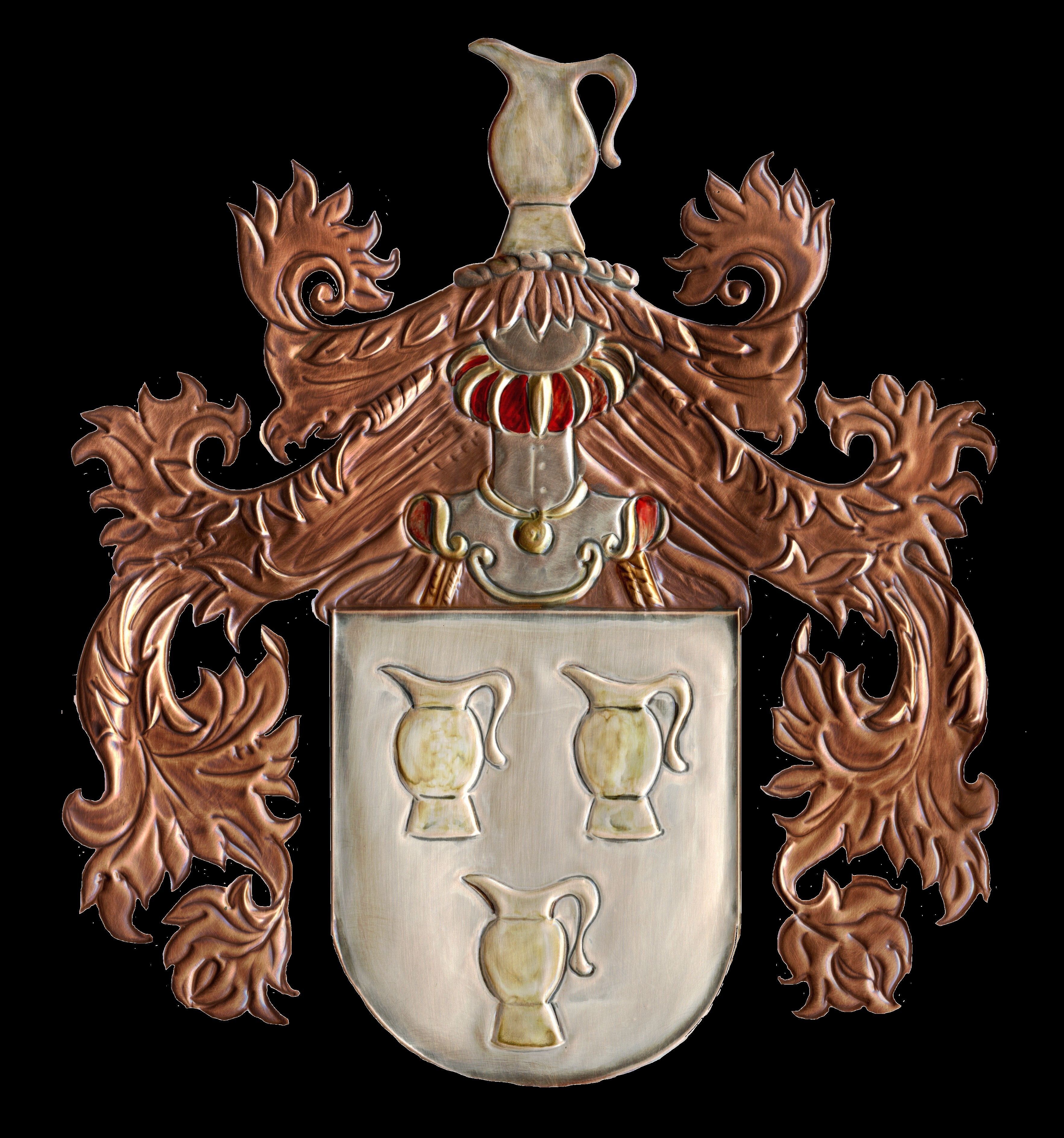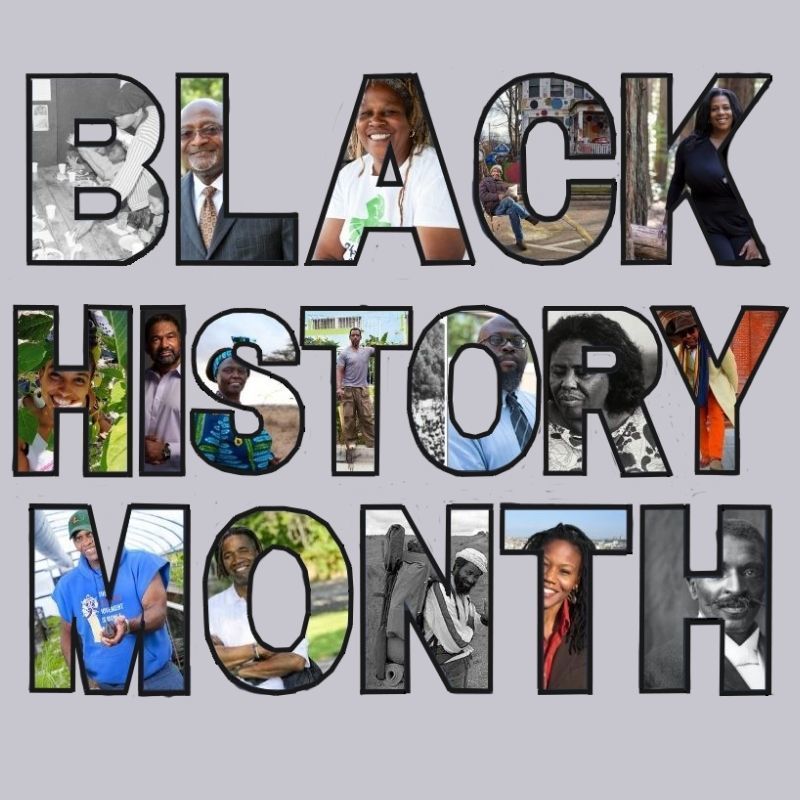
This year, for Black History Month, we highlighted Black artists, environmentalists, food activists, and community-builders from Newark and around the world. By devoting a day to each honoree we hope to bring light to the amazing accomplishments of these pioneers. As members of the Newark community, we recognize the importance of giving recognition to important figures in the environmental sector who have shaped and are shaping a more just, verdant, and vibrant world. Although we are wrapping up this one month that is designated Black History Month, we know that Black history is American history and should be honored year-round.
Join us in celebrating these individuals by reading about them on our website, browsing through our social media, or watching this video on our Youtube page.
From everyone at Greater Newark Conservancy, Happy Black History Month!
Karen Washington
Karen Washington is a political activist and community organizer from New York City fighting for food justice. In 1988, after years of tending a garden in her backyard, Karen Washington helped found the Garden of Happiness in the Bronx. Washington founded Farm School NYC and Black Urban Growers.
Rather than using the term "food desert," she coined the intersectional term "food apartheid" to bring attention to social inequalities and injustices in the entire food system. In 2012, Washington was named Ebony's “Power 100” of influential African-Americans and in 2014 received the James Beard Foundation Leadership Award. Learn more about Karen Washington and her work on her website here!
Dr. Robert D. Bullard
Known as the father of environmental justice, Dr. Bullard was one of the first people to address environmental and sustainability issues through a racial, or equity, lens. He has researched for over 40 years on the devastating impacts of environmental racism and is currently a distinguished professor of urban planning and environmental policy at Texas Southern University. In 2013, he became the first African American to receive the Sierra Club’s John Muir award. Learn more about Dr. Bullard, his research, and activism at www.drrobertbullard.com.
Rue Mapp
Rue Mapp is the founder and CEO of Outdoor Afro, a nonprofit organization that connects Black people to the natural world through organized recreation activities. From pristine wilderness areas to local city parks, Outdoor Afro inspires Black leadership and inclusivity in conservation efforts and the outdoors. Mapp is also a National Geographic fellow and was part of the think-tank involved with Michelle Obama’s “Let’s Move” initiative. To find out more about Rue Mapp of Outdoor Afro, visit www.outdoorafro.com and www.ruemapp.com.
Fun Fact! There is an Outdoor Afro community-based in Newark, NJ!
George Washington Carver
George Washington Carver used his passion for nature to become one of the most famous and helpful scientists in the world. As a boy, George explored the fields, flowers, and animals on the Carver farm every day. He became known as “the plant doctor” because he always seemed to intuitively know how to fix whatever the problem was. George didn’t go to school as a youngster but had quite an education on the farm. He learned how to waste nothing and live off the land from his foster dad, and how to sew, cook, and clean from his foster mom. His foster parents, the Carvers, were his former slave owners who took him and his brother in when their mom disappeared.
George moved to Iowa and went to a college called Simpson after he was encouraged to pursue his interest in art. He studied art and music at Simpson and ran a laundry business to help pay tuition. After being impressed by his knowledge of horticulture, his art professor encouraged him to attend Iowa State Agricultural School - there he studied chemistry, geology, botany, and zoology. He was the first black person to graduate from Iowa State in 1891.
Simpson hired him to assist in botany and was the first black member of the faculty. He had no plans to leave, he was getting his graduate degree in agriculture and teaching students, but he got a letter from Booker T. Washington asking him to be head of the agriculture department at Tuskegee, an all-black school in Alabama. He wrote an acceptance letter to Booker saying: “the one great ideal of my life is to be of the greatest good to the greatest number of my people’.” George invited farmers to the school once a month to learn about the soil. He then invited their wives and taught them ways to plan meals and prepare food, and discussed the value of different foods. He wrote different booklets that taught how to grow tomatoes, raise pigs, cure meat, and improve the appearance of their land and homes. His theory was that the more the farmers could do on their own, the less they had to go to the market, and the less they had to go without.
While experimenting at Tuskegee, George began to develop more than three hundred products that could be made from peanuts. They included everything from peanut milk, peanut punch, plastics, glue, soap, and dyes. In 1916 he wrote his famous booklet “How to Grow the Peanut, and 105 Ways of Preparing it for Human Consumption.” George wrote so much about peanuts that he was mistakenly credited with inventing peanut butter; when in actuality historians believe it to have been around for hundreds of years. The Royal Society of the Arts - honors people in science and art that find practical solutions to problems - recognized him that same year and also received awards from organizations such as the NAACP.
In 1940 he donated his entire life’s savings, about $60,000, to start the George Washington Carver Foundation at the Tuskegee Institute for Agricultural Research because he wanted others to continue his research after he was gone. He died in 1943 after hurting himself falling downstairs at a museum and never recovering. Five years after his death, he became the second black person on a postage stamp - the first being Booker T. Washington. In 1953 in Diamond Grove, Missouri (his hometown), he became the first black person to have a national monument named after him. Hundreds of schools around the country are named after this great scientist.
George found practical ways to make people’s lives better - that was his legacy. He understood the importance of nutrition and a balanced diet long before many others, saw value in caring for the environment, growing fruits and vegetables naturally, recycling discarded items and finding new uses for them, helping the economy in the South, farmers get away from their dependency on cotton, and poor farmers take care of themselves. All along the way he never lost the passion for nature that he had as a boy. His tombstone reads: “He could have added fortune to fame but caring for neither, he found happiness and honor in being helpful to the world.”
Jerry Gant
A native Newarker, Gant was an artist, poet, performance artist, and educator. Jerry was a prolific creator whose unique style encompassed murals, metal sculptures, wood art, textiles, and clothing design, as well as spoken word. He was known for his street art in urban areas and used found wood, metal, and other objects in much of his art. Many of his works can be seen around Newark including sculptures at Nat Turner Park, Penn Station, and Greater Newark Conservancy. Jerry’s legacy lives in the many artists he inspired and mentored throughout his life. View Jerry’s Detox the Ghetto TedX talk.
Ron Finley the self-proclaimed “Gangsta Gardener”
In 2010, Finley dug up a strip of land between his house and the street and started planting fruits and vegetables. It was illegal to plant these on the land between the sidewalk and curb but he got the city of Los Angeles to change the law. In early 2013, Finley gave a TED talk on his progress as a "guerrilla gardener". He said in the talk, "If kids grow kale, kids eat kale; if they grow tomatoes, they eat tomatoes." Ron Finley created initially started gardening to decrease the effects of the food apartheid in which his own neighborhood existed, encourage healthy eating habits, and beautify the land. Finley encourages people of all backgrounds – not just the poor – to grow their own food.
Watch Ron Finley’s inspiring TED talk about guerrilla gardening here and learn more about him and his work on his website here.
John Francis
John Francis gave up all motorized transportation -- and later took a vow of silence -- after witnessing the aftermath of the 1971 oil spill in San Francisco Bay. Nicknamed “Planetwalker,” he has walked across the US and numerous other countries, earned his PhD, assisted in writing oil spill policy in Washington D.C., and was appointed an United Nations Environment Program’s Goodwill Ambassador, to name just a few of his accomplishments. Check out his book, Planetwalker: 22 Years of Walking, 17 Years of Silence, or website, for more information on this incredible environmental advocate.
Tyree Guyton
Internationally-known Detroit artist, Tyree Guyton is the creator of the 30-year-old Heidelberg Project where he transformed vacant houses on blocks in his childhood neighborhood into a “living indoor/outdoor museum.” The Project both comments on but also transforms urban neglect. “When you come to the Heidelberg Project, I want you to think—really think! My art is medicine for the community. You can’t heal the land until you heal the minds of the people.” Learn more about his Heidelberg Project or visit his website here!
Fannie Lou Hamer
An iconic figure during the civil and women’s rights movements, Fannie Lou Hamer is also a pioneering figure for food justice. In 1969, Hamer established the Freedom Farm Cooperative, which strived to make land accessible to Black farmers in the Mississippi Delta, while also providing job-training, a source of employment, community gardens, and a food bank. She helped provide food and income through the Pig Project, a system where a family would get a pig to raise and breed. To find out more click here.
Leah Penniman
Leah Penniman (Li/Ya/She/He) has over 20 years of experience as a soil steward and food sovereignty activist, having worked at the Food Project, Farm School, Many Hands Organic Farm, Youth Grow, and with farmers internationally in Ghana, Haiti, and Mexico.
Li co-founded Soul Fire Farm in 2010 with the mission to reclaim our inherent right to belong to the earth and have agency in the food system as Black and Brown people. Soul Fire Farm is an Afro-Indigenous-centered community farm committed to uprooting racism and seeding sovereignty in the food system. Penniman’s areas of leadership at Soul Fire include farmer training for Black and Brown growers, international solidarity, perennials, writing, speaking, “making it rain,” and anything that involves heavy lifting, sweat, and soil. Li’s book “Farming While Black” is a love song for the earth and her peoples. Learn more about Leah Penniman and Soul Fire Farm here.
Tobias A. Fox
Tobias A. Fox, Founder Newark SAS, As the founder of Newark Science and Sustainability, Newark Community Food Systems and Accion Glocal, Tobias has used his skills as a community organizer, urban farmer, photographer, and conference creator to advance sustainable agriculture, wellness, and community food systems in Newark and the Dominican Republic.
Walter Hood
Walter Hood is a landscape architect and public artist. His design work draws on both natural and social histories and weaves in current community uses and aspirations. At Splash Pad Park in Oakland, CA he created an oasis among busy streets building pedestrian connections between neighborhoods and housing the city’s largest farmer’s market. “Over his career, he has transformed traffic islands, vacant lots, and freeway underpasses into spaces that challenge the legacy of neglect of urban neighborhoods.” (Macarthur Foundation) Find out more here!
Wangari Maathai
Wangari Maathai was a Kenyan environmental, political and social activist who became the first African woman to receive the Nobel Peace Prize. She founded the Green Belt Movement in 1977, a community-based organization committed to poverty reduction and environmental conservation while serving on the National Council of Women of Kenya. The first woman in East and Central Africa to earn a Ph.D, she was named a UN Goodwill Ambassador and Messenger of Peace and founded the Nobel Women’s Initiative. Learn more about the Green Belt Movement and Wangari Maathai here.
Black Panthers’ Free Breakfast Program
From 1969 through the early 1970s, the Black Panthers’ Free Breakfast for School Children Program fed tens of thousands of hungry kids. It was just one facet of a wealth of social programs created by the party—and it helped contribute to the existence of federal free breakfast programs today.
When Black Panther Party founders Huey P. Newton and Bobby Seale founded the party in 1966, their goal was to end police brutality in Oakland. Over time its mandate expanded to include social programs, too. Free Breakfast For School Children was one of the most effective. It began in January 1969 at an Episcopal church in Oakland, and within weeks it went from feeding a handful of kids to hundreds. The program was simple: party members and volunteers went to local grocery stores to solicit donations, consulted with nutritionists on healthful breakfast options for children, and prepared and served the food free of charge. School officials immediately reported improved results in kids who had free breakfast before school. At its peak, the Black Panther Party fed thousands of children per day in at least 45 programs.
The public visibility of the Panthers’ breakfast programs put pressure on political leaders to feed children before school. Though the USDA had piloted free breakfast efforts since the mid-1960s, the program only took off in the early 1970s—right around the time the Black Panthers’ programs were dismantled. In 1975, the School Breakfast Program was permanently authorized. Today, it helps feed over 14.57 million children before school—and without the radical actions of the Black Panthers, it may never have happened.
Tenisha N. Malcolm
Tenisha N. Malcolm is a New Jersey-based philanthropist on a mission to conserve nature the norm in every urban community.
This mission is underscored by her current role as Director of Urban Programs for The Nature Conservancy, one of the most reputable and wide-reaching environmental organizations in the world. Tenisha’s primary objective as a director is to connect urban communities to nature and to develop community strategies that foster nature-based solutions to address community issues statewide. Tenisha’s professional acumen also includes over ten years in the non-profit sector, developing community programs that bridged the gap in public health, public policy, and community engagement, and youth leadership.
Tenisha’s devotion to her mission spreads beyond her local community with her impact reaching several nonprofits and service groups throughout national and international regions. As a global-minded influencer, she has a proven track record of directing large-scale innovative fundraising strategy development and implementation efforts. Inherent in all of her endeavors is the guiding principle that “Only a life lived in the service of others is worth living.
Will Allen
Will Allen is a retired professional basketball player turned urban farmer, director of Growing Power in Milwaukee. In 1993, Allen purchased Growing Power, a derelict plant nursery that was in foreclosure, located on the north side of Milwaukee. Allen currently serves as director of Growing Power, a now-defunct urban farming project in Milwaukee, with a 40-acre farm west of Milwaukee in the town of Merton and an offshoot project in Chicago run by Allen's daughter, Erika. In 2008, Allen was awarded the MacArthur Foundation "Genius Grant" for his work on urban farming and sustainable food production. Will Allen is the co-author, with Charles Wilson, of the book The Good Food Revolution: Growing Healthy Food, People and Communities.
Dr. Kobinah Abdul-Salim
Harvard-educated botanist Dr. Kobinah Abdul-Salim examines the intersection of plants and plant-based products with the history of Black people in the Western Hemisphere. Dr. Abdul-Salim has conducted field research in Africa and Madagascar, was an assistant professor of Biology at Medgar Evers College, and is currently creating STEAM curriculum in New Jersey as president of Protologue Learning Resources. Find out more here!
Leslie Bennett
West Coast landscape designer Leslie Bennett creates gardens that nourish physically, spiritually, and emotionally and tell the cultural stories of the clients she serves. Through the Black Sanctuary Gardens project, her firm’s equity pricing creates access to restorative gardens for vulnerable and BIPOC communities. “For those of us privileged to have access to land, we can use the great benefits we receive from the garden to fuel our work to create a more just and equitable world.” Learn more here.
Majora Carter
Major Carter is an urban revitalization, sustainability, and environmental justice expert and activist, as well as a MacArthur Fellow, or ‘Genius Grant,’ recipient. She founded and led Sustainable South Bronx, a community-based environmental justice non-profit, where she developed the Bronx’s first waterfront park in over 60 years and created a waterfront greenway, providing access to open space, parks, and paths for Bronx residents. Find out more about Majora Carter and her recent work towards urban sustainable development by visiting this website.
Meredith Taylor
Meredith Taylor is a professor and research associate at Rutgers University, focusing on urban agriculture and sustainable, community-based food systems. She is a founding member of New Jersey’s Farm to School Network, was actively involved with a hydroponics farming project in Newark, and is a Master Gardener and beekeeper.
